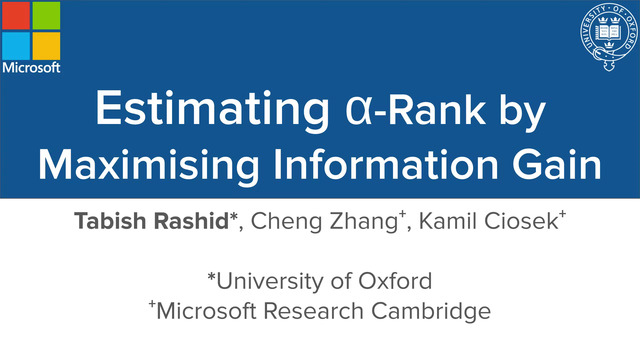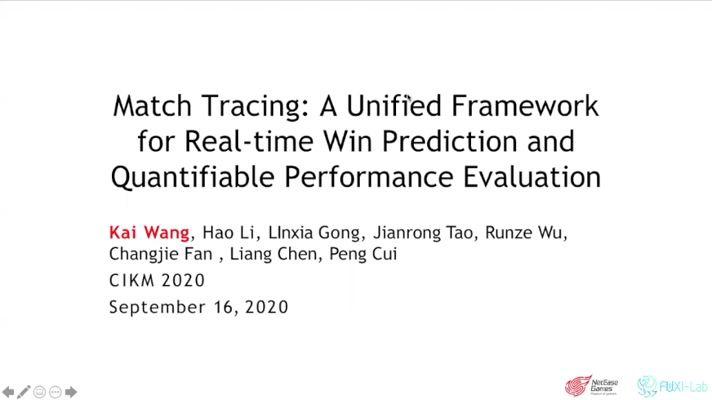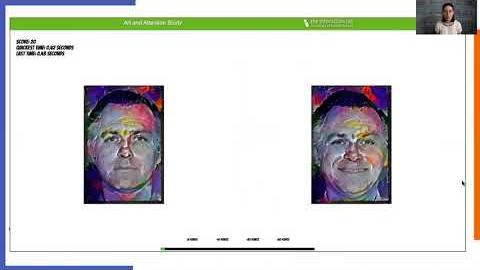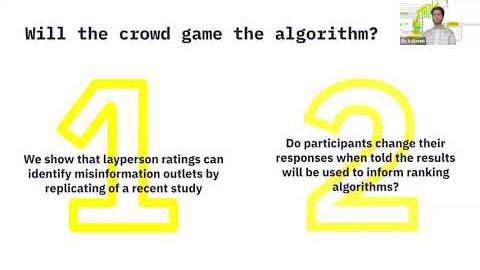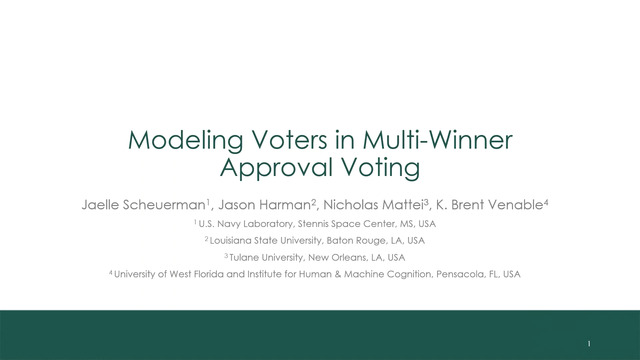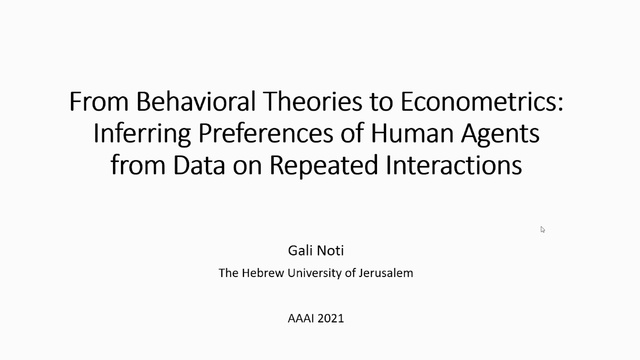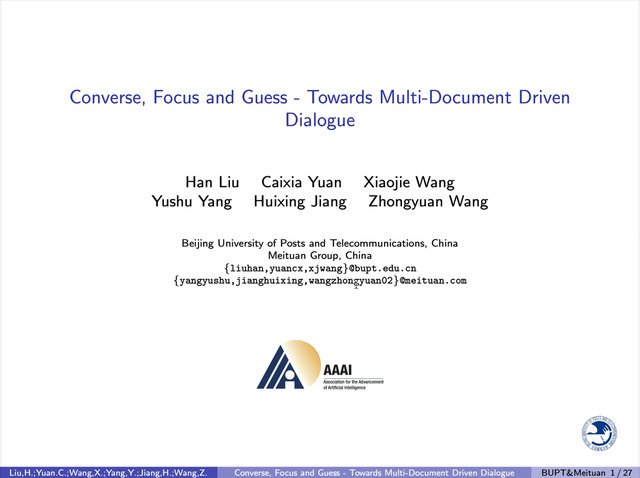Abstract:
Information flow measures, over the duration of a game, the audience’s belief of who will win, and thus can reflect the amount of surprise in a game. To quantify the relationship between information flow and audiences' perceived quality, we conduct a case study where subjects watch one of the world’s biggest esports events, LOL S10. In addition to eliciting information flow, we also ask subjects to report their rating for each game. We find that the amount of surprise in the end of the game plays a dominant role in predicting the rating. This suggests the importance of incorporating when the surprise occurs, in addition to the amount of surprise, in perceived quality models. For content providers, it implies that everything else being equal, it is better for twists to be more likely to happen toward the end of a show rather than uniformly throughout.





